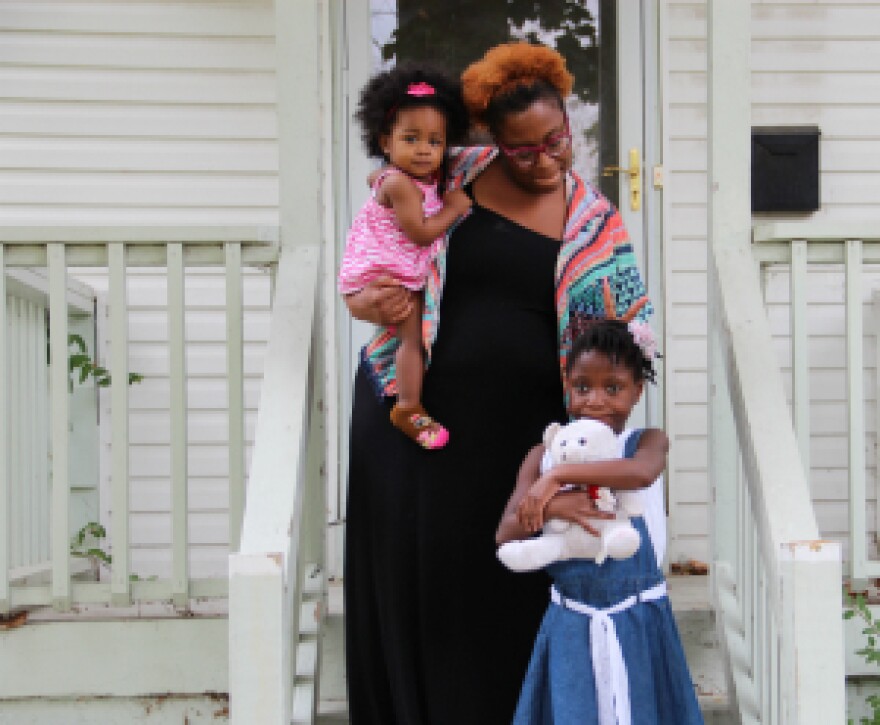There is this term that gets thrown around in education circles that we felt needs some exploring.
School to prison pipeline.

It sounds like schools are some kind of factory for future inmates, which is not what most people think of as the mission of our education system. Rather, school is the place that prepares children for work, for life, for being good citizens. And for a lot of students, that is exactly what happens.
But then there are students who don't have that experience. These are the kids who seem to get in trouble all the time; who make the teachers angry; who get kicked out of class or put in detention and who get suspended from school.
These are the students stuck with the "bad kid" label, often starting as early as kindergarten. Disproportionately, those are the kids who go from getting into trouble in school to getting in trouble with the law to winding up in jail. Disproportionately, those children are African American.
The school to prison pipeline.

In this podcast we meet some students who suffer the bad kid label, a parent who struggled to prove her child doesn't deserve that label and an adult who lived with the label for so long that he came to believe he really was bad.
To prove our point about the extent to which that "bad kid" label can impact a child's future, we delved into some data. Data provided by the state of Missouri that show clearly that African American children suffer harsher punishments for disciplinary infractions.
Missouri isn't really an exception. A study from the U.S. Department of Education Office for Civil Rights finds that about 5 percent of white students nationwide are suspended in any given year compared to 16 percent of African American students.
So, given what we've told you about school suspension rates, take our quiz to see just how much your understanding of the topic lines up with the facts and figures uncovered by the research.




